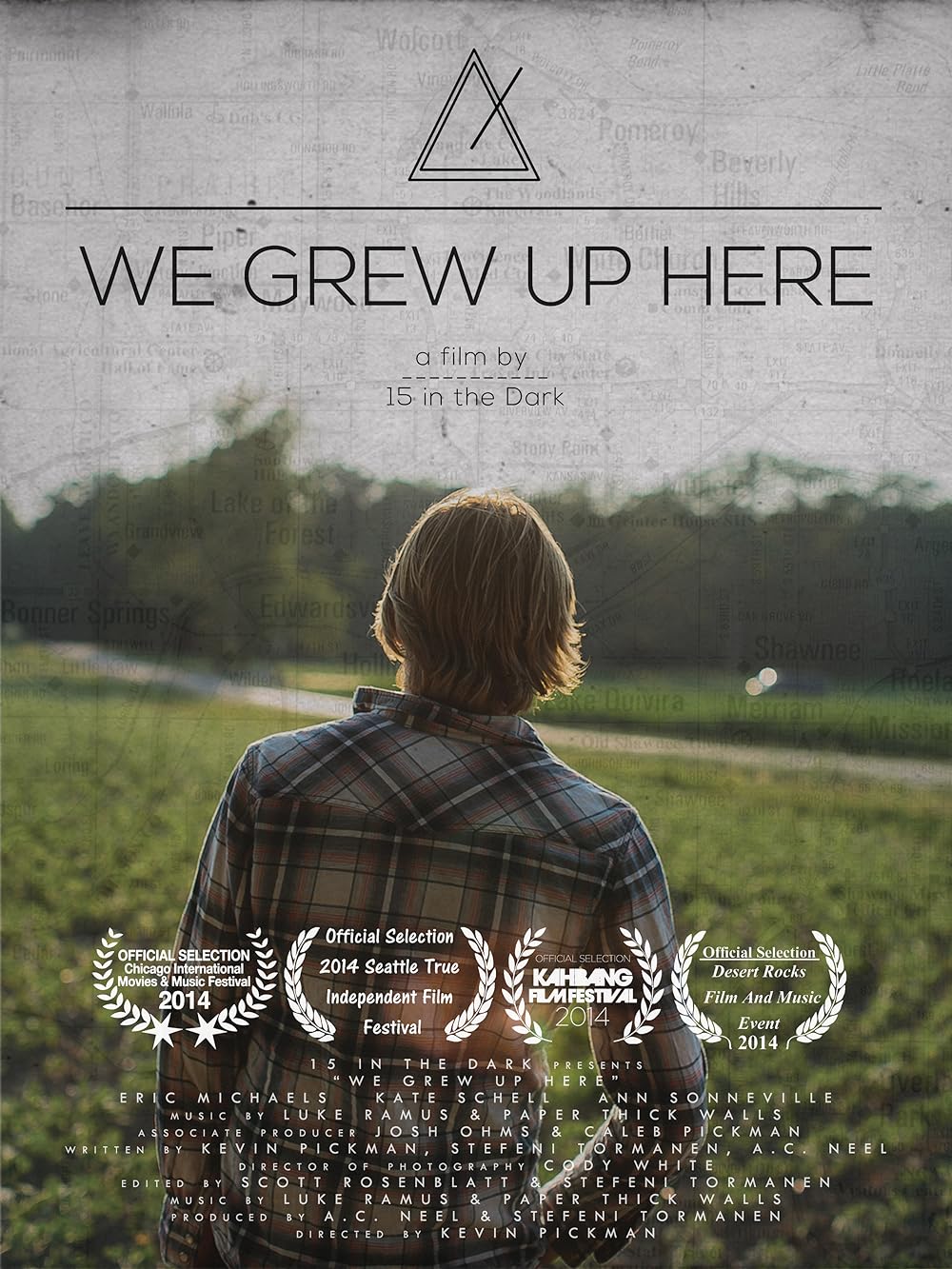
我们在这里长大 2014
We Grew Up Here 2014
"We Grew Up Here" (2014) is American independent film that stands out for its heartfelt storytelling, rich character development, and its evocative portrayal of themes such as nostalgia, personal growth, and the complexities of returning to one's roots. The production of this film reflects a journey of creative passion and dedication to crafting a narrative that resonates deeply with audiences who have ever contemplated the meaning of home and the inexorable passage of time.
Plot Summary

Beginning: The Return
The movie opens with Kevin, a struggling musician based in Chicago, receiving a distressing letter from his ex-girlfriend, Rachel, who still lives in his small hometown. The letter hints at unresolved issues and a plea for closure. Kevin, already grappling with a stagnant music career and personal doubts, decides to return to his hometown, driven by a mixture of nostalgia, unresolved feelings, and a need for self-discovery.
Middle: Revisiting the Past
Upon his arrival, Kevin is confronted with the stark reality that his hometown has changed significantly. The once-familiar streets and hangouts now seem foreign, reflecting the passage of time and his own disconnection. He attempts to reconnect with old friends and family but finds that these relationships have also evolved, leaving him feeling more isolated.
As Kevin navigates through his old haunts, he experiences flashbacks that reveal his past – his high school days, his early aspirations, and his relationship with Rachel. These memories are bittersweet, filled with both the joy of youth and the pain of mistakes and missed opportunities.
Kevin's reunion with Rachel is tense and emotionally charged. They both have unspoken regrets and unresolved feelings. Rachel reveals that she has moved on with her life, but there are hints of what could have been, adding to Kevin's sense of loss and what-ifs.
Exploration of Relationships
Throughout the film, Kevin's interactions with various characters – including his parents, his former bandmates, and new faces in town – serve as a mirror to his internal struggle. He grapples with feelings of inadequacy and the realization that while he was chasing dreams in the city, life in his hometown went on without him.
One poignant subplot involves Kevin’s interaction with a young local musician who idolizes him. This relationship forces Kevin to confront his own faded dreams and the reality of his current situation. It’s a reminder of his youthful ambitions and the harsh reality of unmet expectations.
Climax: The Music Festival
The climax of the film occurs at a local music festival where Kevin is invited to perform. On stage, facing an audience of familiar faces and strangers alike, Kevin is overwhelmed by emotions. His performance becomes more than just music; it's a cathartic release of all his pent-up feelings – his love, his regrets, his longing for what once was, and his acceptance of what is.
Resolution: Acceptance and Moving Forward
In the end, Kevin comes to terms with the changes in his life and those around him. He realizes that while his hometown will always be a part of who he is, he cannot live in the past. The film concludes with Kevin leaving town, but this time with a sense of closure and a clearer understanding of himself.
He drives away with a mix of sadness and hope, reflecting on the lessons learned and the memories revisited. The final scenes show him returning to Chicago, but now with a renewed sense of purpose in his music and his life.
Themes and Character Development

Nostalgia and Change
The film powerfully portrays the theme of nostalgia and the inevitable changes brought by time. Kevin’s journey highlights the universal experience of revisiting one’s past and realizing that nothing stays the same – places, people, relationships, and even self-identity are all subject to the passage of time.
Personal Growth and Self-Discovery
Kevin’s character undergoes significant development throughout the film. His journey back home serves as a catalyst for self-reflection and growth. He begins as a character lost in his own disillusionment, but through his experiences, he gains a deeper understanding of himself and what he truly values.
The Complexity of Relationships
"We Grew Up Here" also delves into the complexity of human relationships. It shows how time and distance can alter connections with family, friends, and romantic partners. Kevin’s interactions with Rachel and other characters are depicted with a raw honesty that resonates with anyone who has ever revisited old relationships.
Conclusion
In summary, "We Grew Up Here" is a poignant and introspective film that skillfully explores themes of nostalgia, personal growth, and the complexities of returning to one’s roots. Through Kevin’s emotional journey, the film captures the essence of confronting one’s past and the realization that to move forward, one must let go of what once was and embrace the present. It's a story that resonates with anyone who has ever looked back in order to find the way forward, making it a deeply relatable and moving cinematic experience.
Production Background

Concept and Inspiration
The concept for "We Grew Up Here" emerged from a desire to explore the nuanced emotions associated with revisiting one’s past. The filmmakers wanted to create a story that was both intimate and relatable, capturing the universal experience of confronting one's history and the changes that time brings. The script was developed with an emphasis on character-driven narrative, focusing on the protagonist's internal journey as much as on the external events.
Casting Choices
Casting was a critical element in bringing the authenticity of "We Grew Up Here" to life. The filmmakers sought actors who could embody the complex array of emotions experienced by individuals who confront their past. The lead actor was chosen for his ability to portray subtlety and depth, effectively communicating the internal conflicts of the protagonist. The supporting cast, including family members and old friends of the protagonist, were selected for their natural chemistry and ability to add layers of realism to the story.
Filming Locations
The movie was shot in a small town that epitomized the quintessential American hometown. This setting was pivotal in creating a sense of familiarity and nostalgia, essential for the film's theme. The choice of location also allowed for a visual representation of the protagonist's memories, juxtaposing the past with the present and highlighting the changes that time brings.
Budget and Production Challenges
As an independent film, "We Grew Up Here" was produced on a modest budget. This constraint necessitated a creative approach to production, focusing on the strength of the narrative and the performances rather than on elaborate special effects or settings. The production team faced challenges such as limited shooting schedules and the need to maximize the use of available resources, but these limitations were turned into strengths, giving the film a grounded and authentic feel.
Technical Aspects

Cinematography and Visual Style
The cinematography in "We Grew Up Here" is notable for its understated yet powerful style. The camera work is intimate, often using close-ups to capture the nuanced expressions of the characters, creating a connection between the audience and the characters. The use of natural lighting and thoughtful composition enhances the film’s emotional tone and the sense of nostalgia.
Soundtrack and Audio Design
The soundtrack of "We Grew Up Here" plays a significant role in setting the film's mood and accentuating its themes. The music choices are reflective, often underscoring the protagonist’s emotional state. The sound design is subtle yet effective, capturing the ambient sounds of the small town and adding to the film's immersive quality.
Themes and Reception

Exploring Deep Themes
The film delves into themes of nostalgia, change, and the complexity of revisiting one's past. It explores the protagonist’s struggle with the changes in his hometown and within himself, questioning the nature of home and belonging. The film also touches on the idea that while one can physically return to a place, the experience of it can never be the same as it once was.
Audience and Critical Reception
Upon its release, "We Grew Up Here" was well-received for its emotional depth, realistic portrayal of its themes, and the strength of its character-driven narrative. Critics praised the film for its ability to capture the bittersweet nature of returning home and the poignant performance of its cast. The audience connected with the film’s authenticity and the universal themes it addressed.
Impact and Legacy
"We Grew Up Here" has made a notable impact in the independent film circuit, celebrated for its honest storytelling and the emotional resonance it achieves. The film has been seen as a poignant reminder of the passage of time and the ever-changing nature of life and relationships. Its legacy lies in its ability to evoke a sense of reflection and introspection in its viewers, making it a memorable and meaningful cinematic experience.
In conclusion, "We Grew Up Here" (2014) is a testament to the power of independent filmmaking and the impact of a well-told story. Through its thoughtful narrative, compelling characters, and evocative themes, the film offers a moving exploration of the journey back to one's origins and the realization that while places may stay the same, people inevitably change. This film is a poignant reflection on life, growth, and the enduring question of what it means to truly come home.
- 时间: 86分钟
- 导演: Kevin Pickman
- 国家: United States
- 类型: 音乐 - 体育 , 戏剧
- 发布: 2014
- IMDB: 7.4
- 演员: Eric Michaels , Ann Sonneville , Ron E. Rains , Leena Kurishingal , Amy Hunt , Dianne Bischoff , Stevie Chaddock
- 标签: We Grew Up Here

 Chinese
Chinese
 Arabic
Arabic
 Bosnian
Bosnian
 Bulgarian
Bulgarian
.svg.png) Burmese
Burmese
 Cambodian
Cambodian
 Croatian
Croatian
 English
English
 Espana
Espana
 Estonian
Estonian
 Filipino
Filipino
 Finnish
Finnish
 French
French
 Georgian
Georgian
 German
German
 Greek
Greek
 Hebrew
Hebrew
 Hindi
Hindi
 Hungarian
Hungarian
 Indonesian
Indonesian
 Japanese
Japanese
 Korean
Korean
 Latvian
Latvian
 Malaysian
Malaysian
 Mongolian
Mongolian
 Netherlands
Netherlands
 Pakistani
Pakistani
 Persian
Persian
 Portuguese
Portuguese
 Russian
Russian
 Slovak
Slovak
 Slovenian
Slovenian
 Tamil
Tamil
 Thai
Thai
 Turkish
Turkish
 Vietnamese
Vietnamese




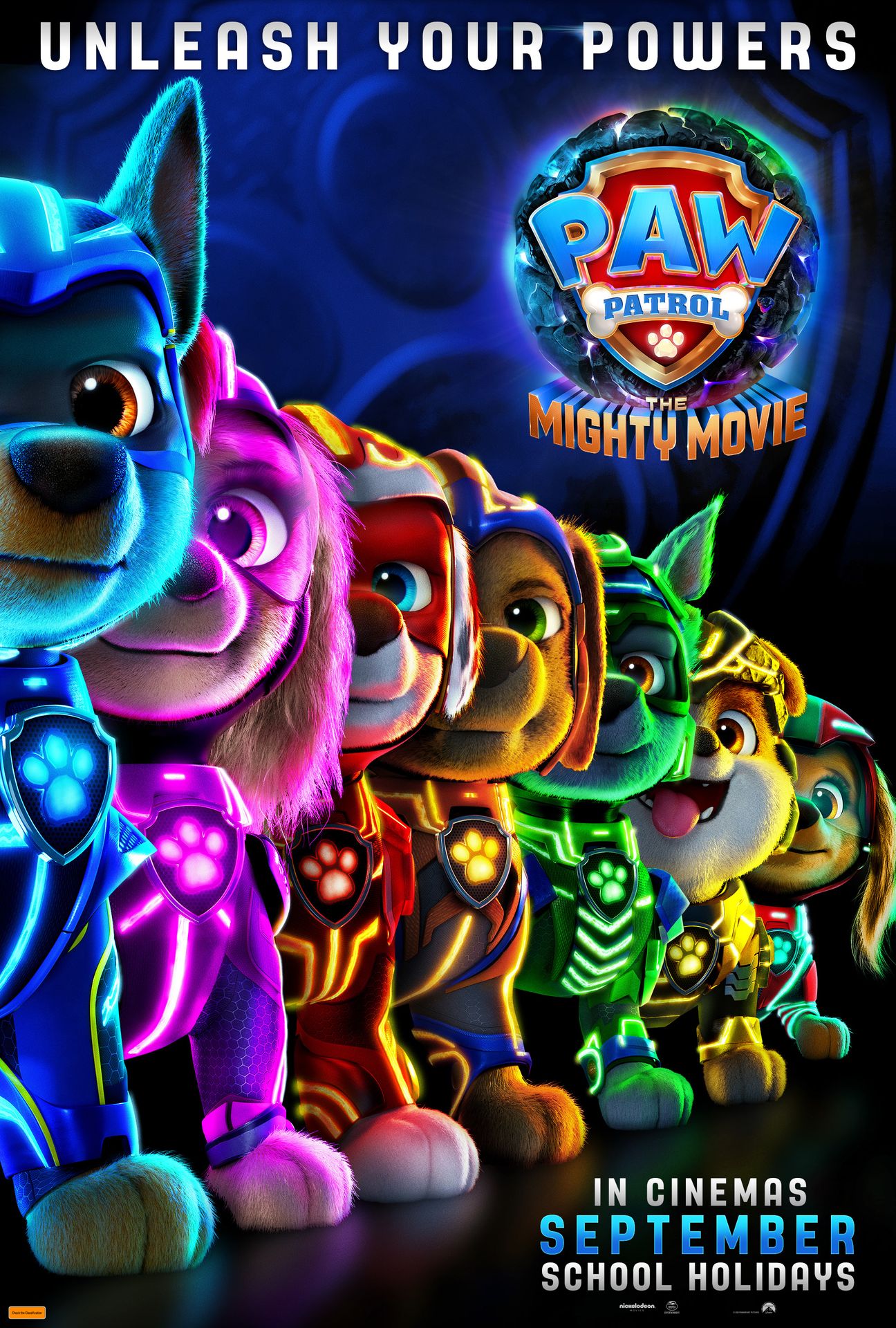










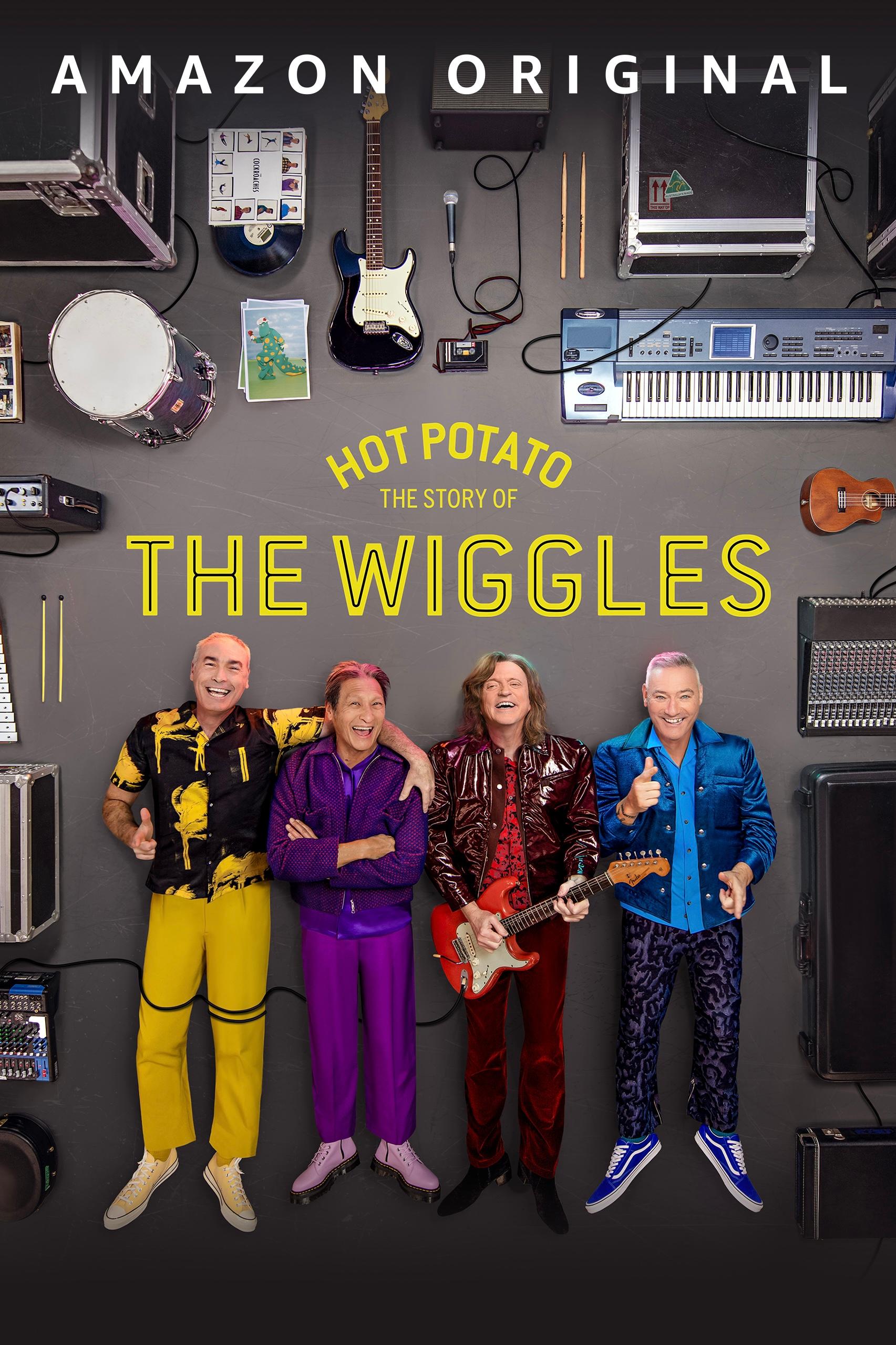
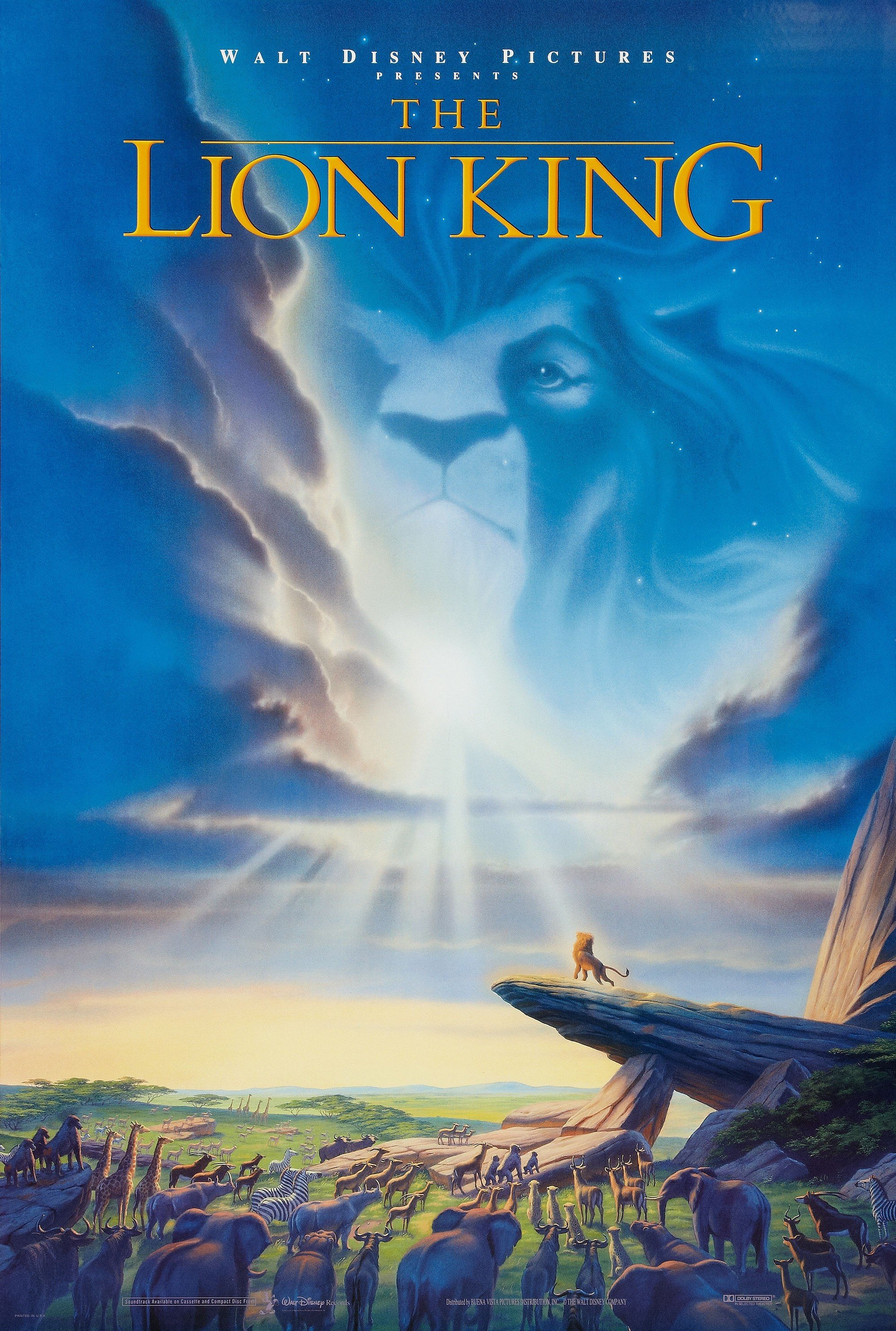
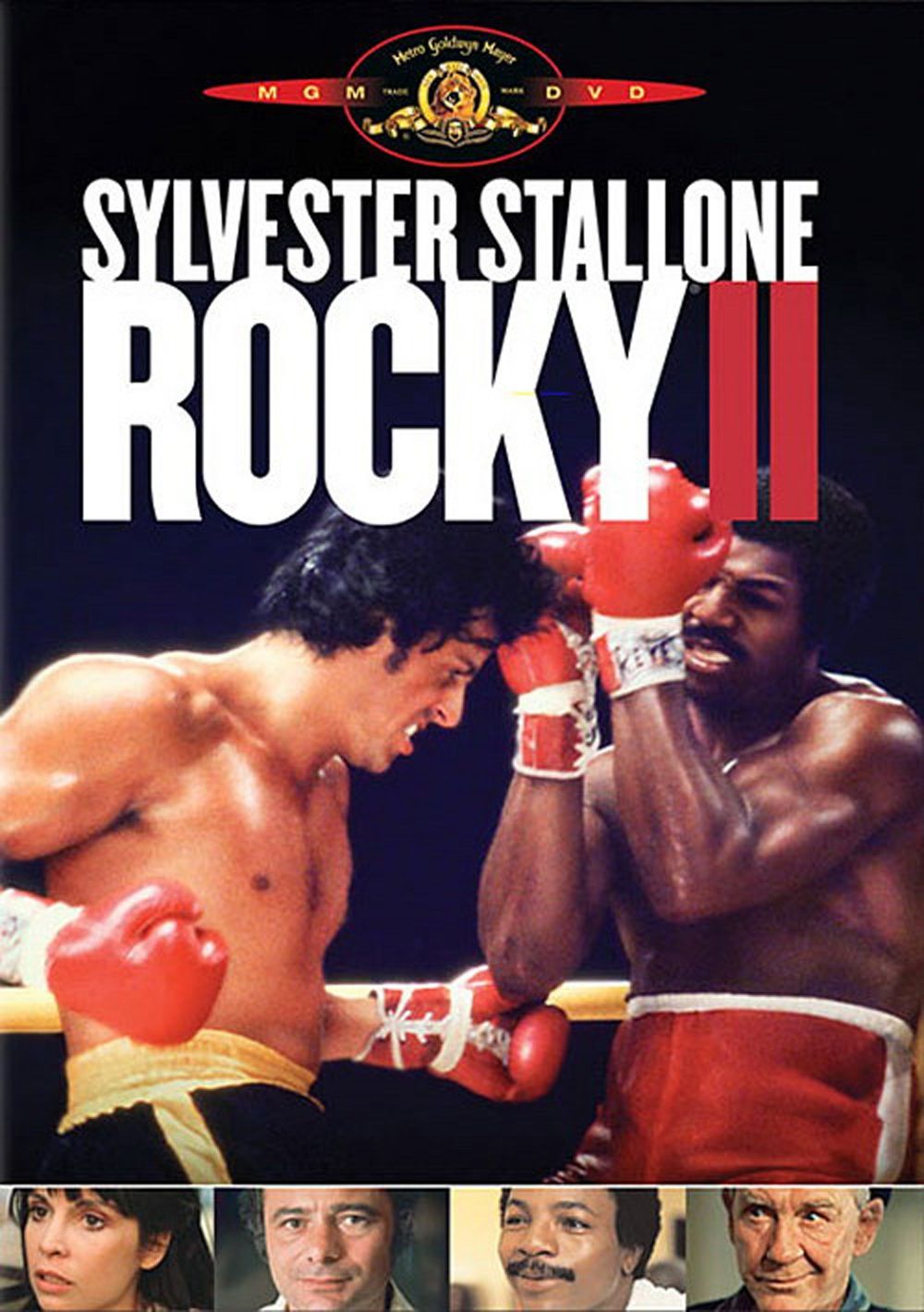



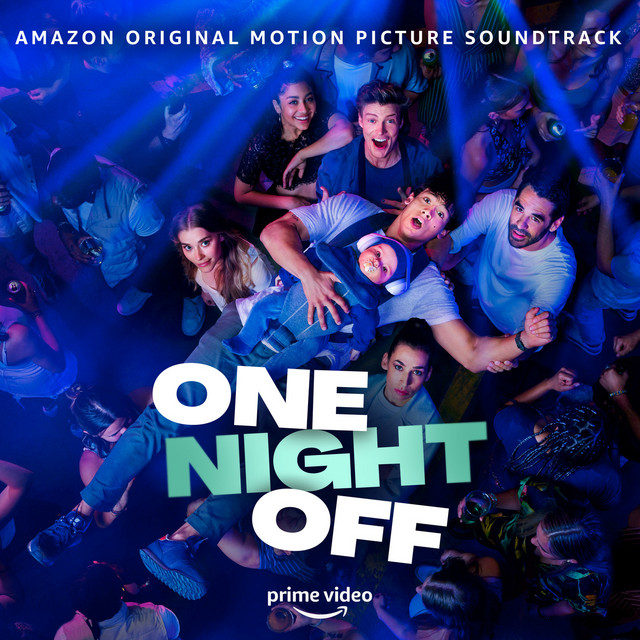
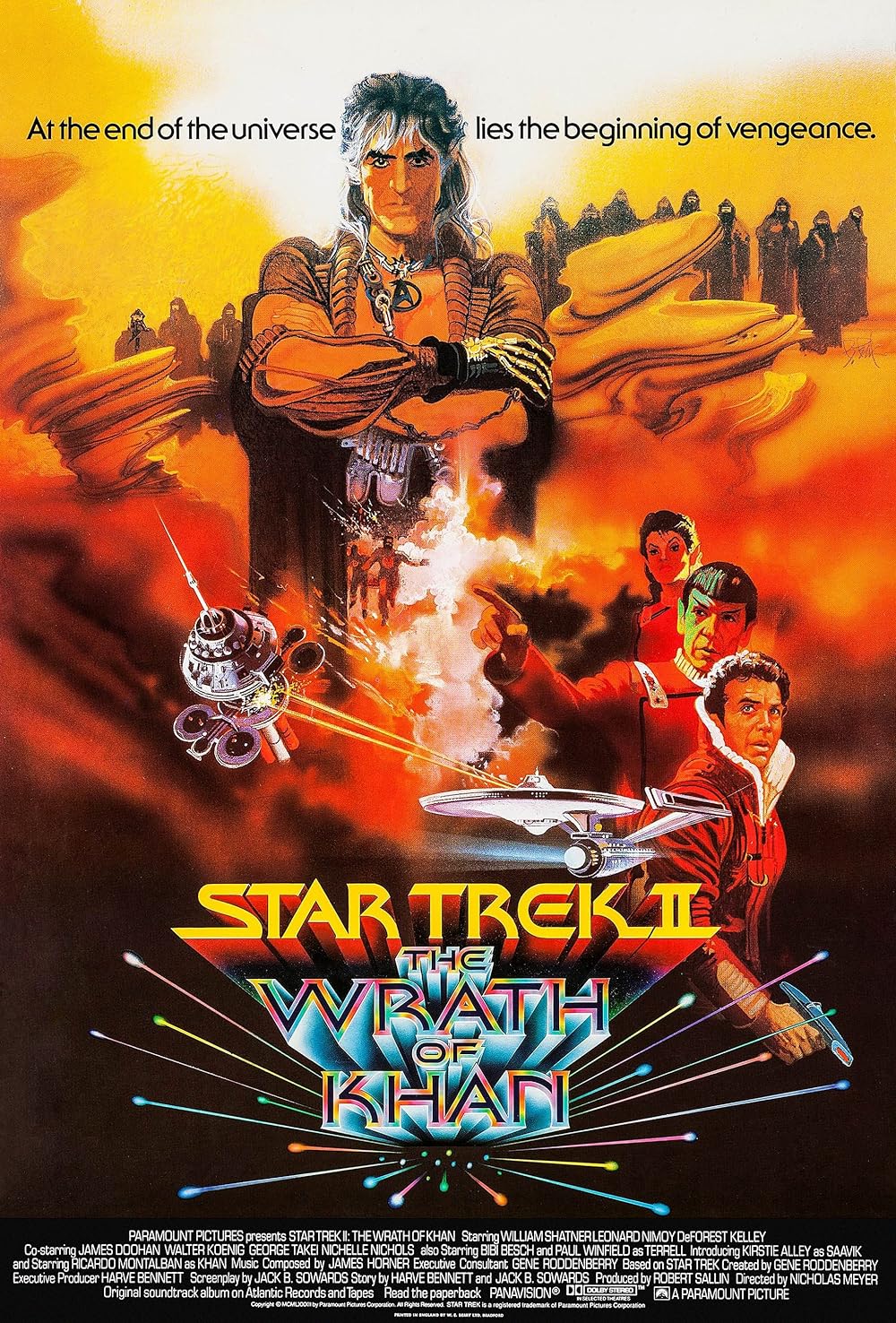

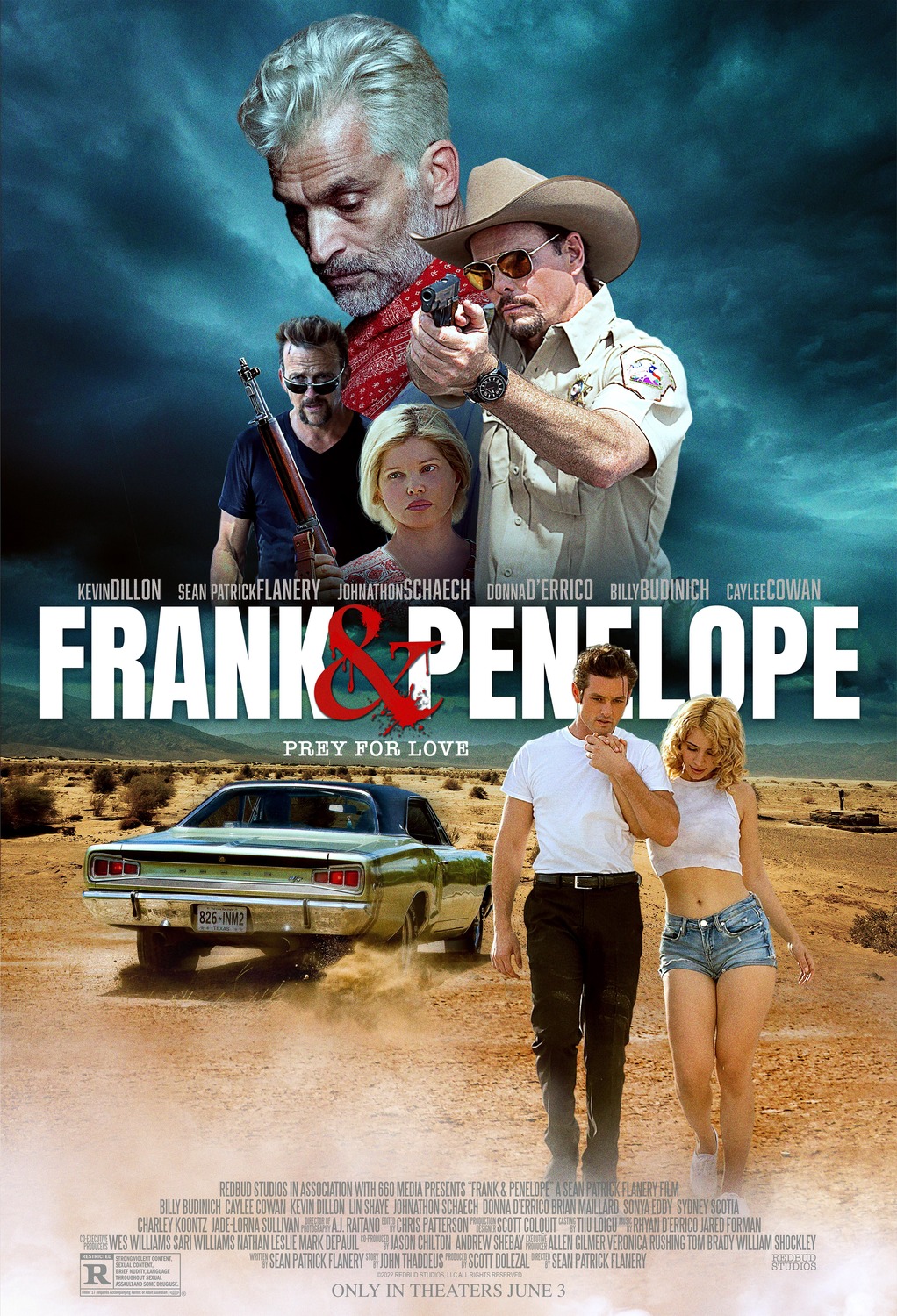


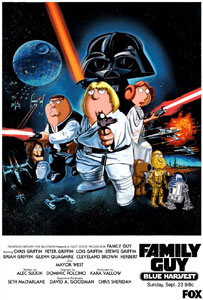

.jpg)
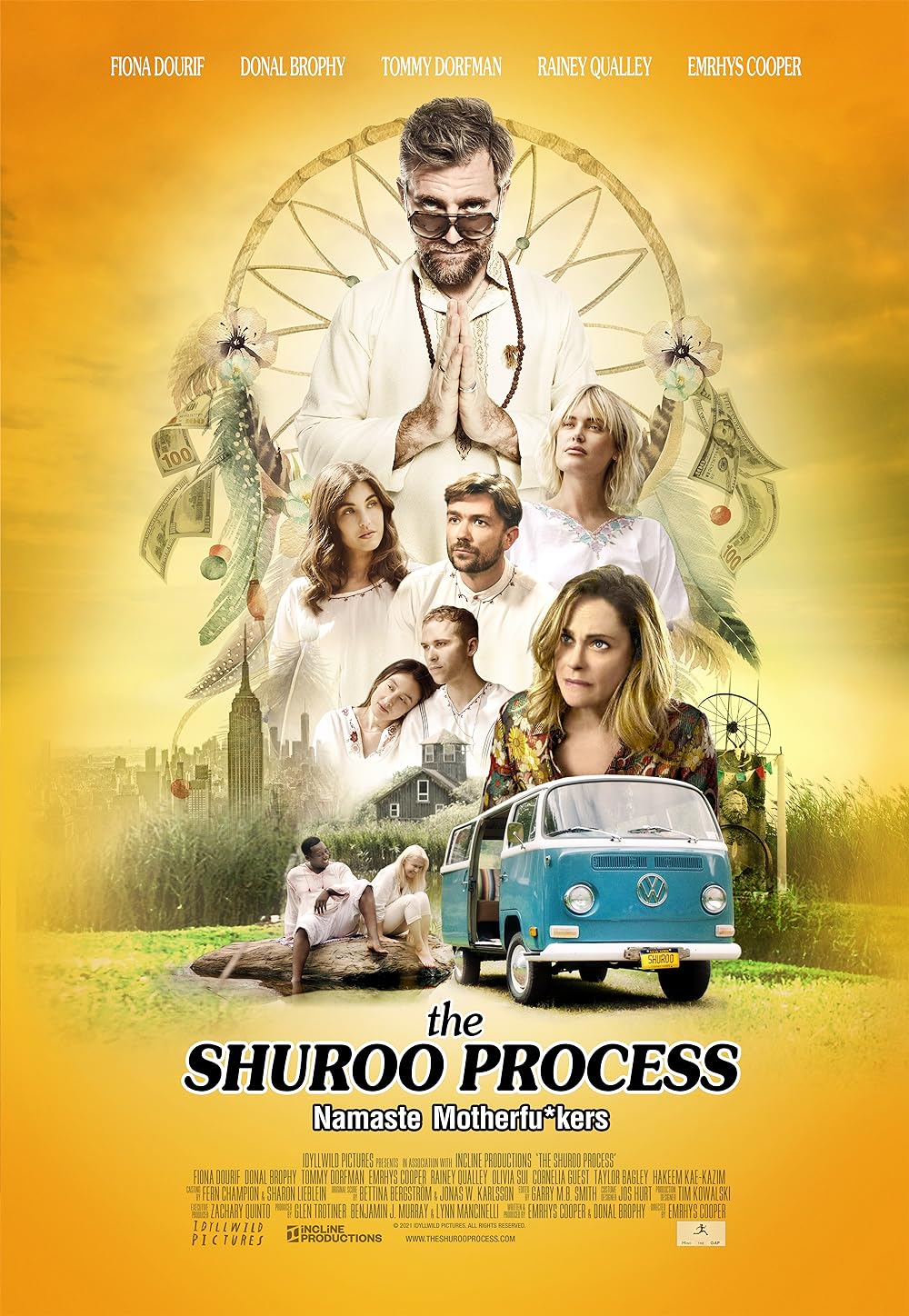

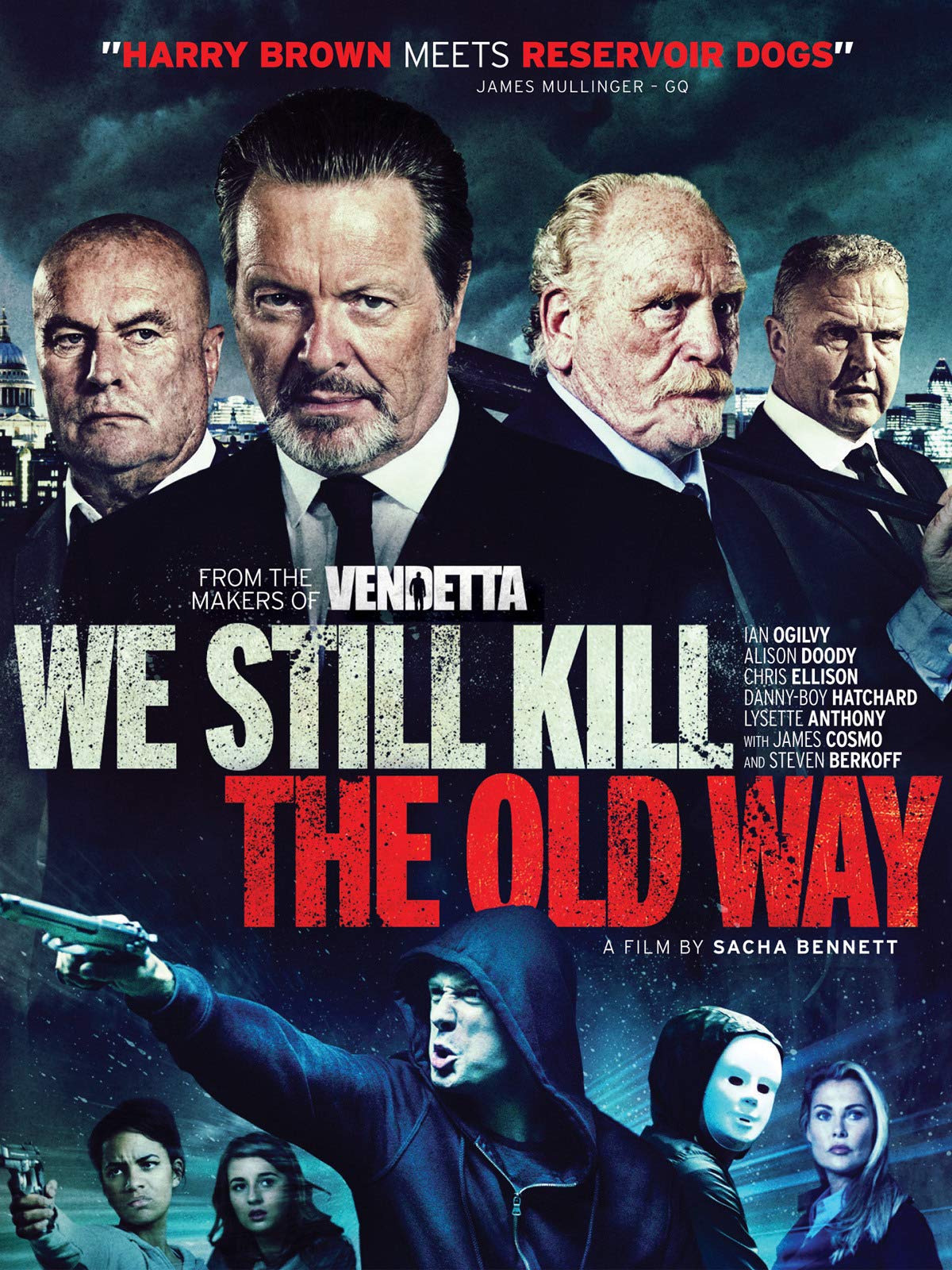

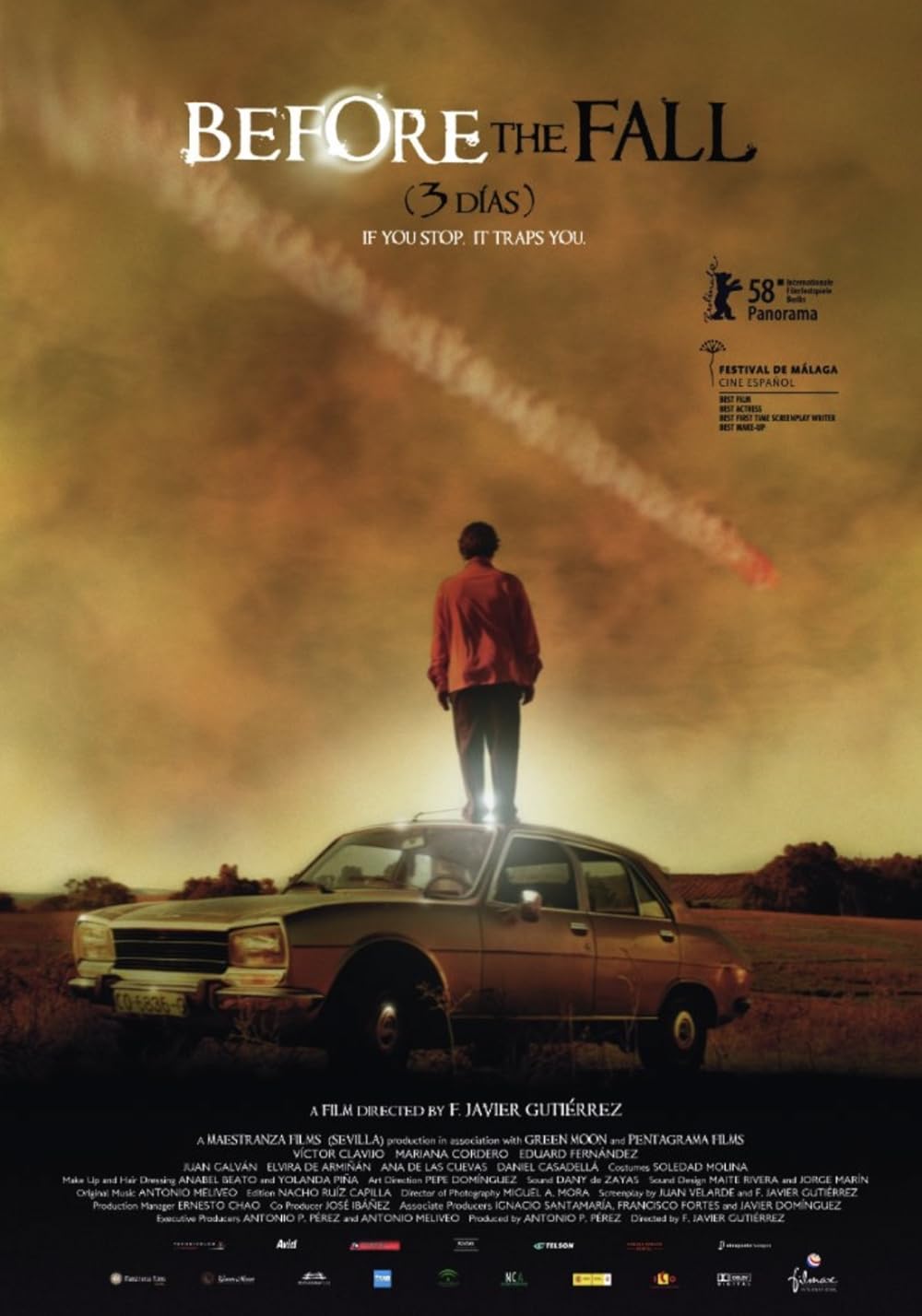





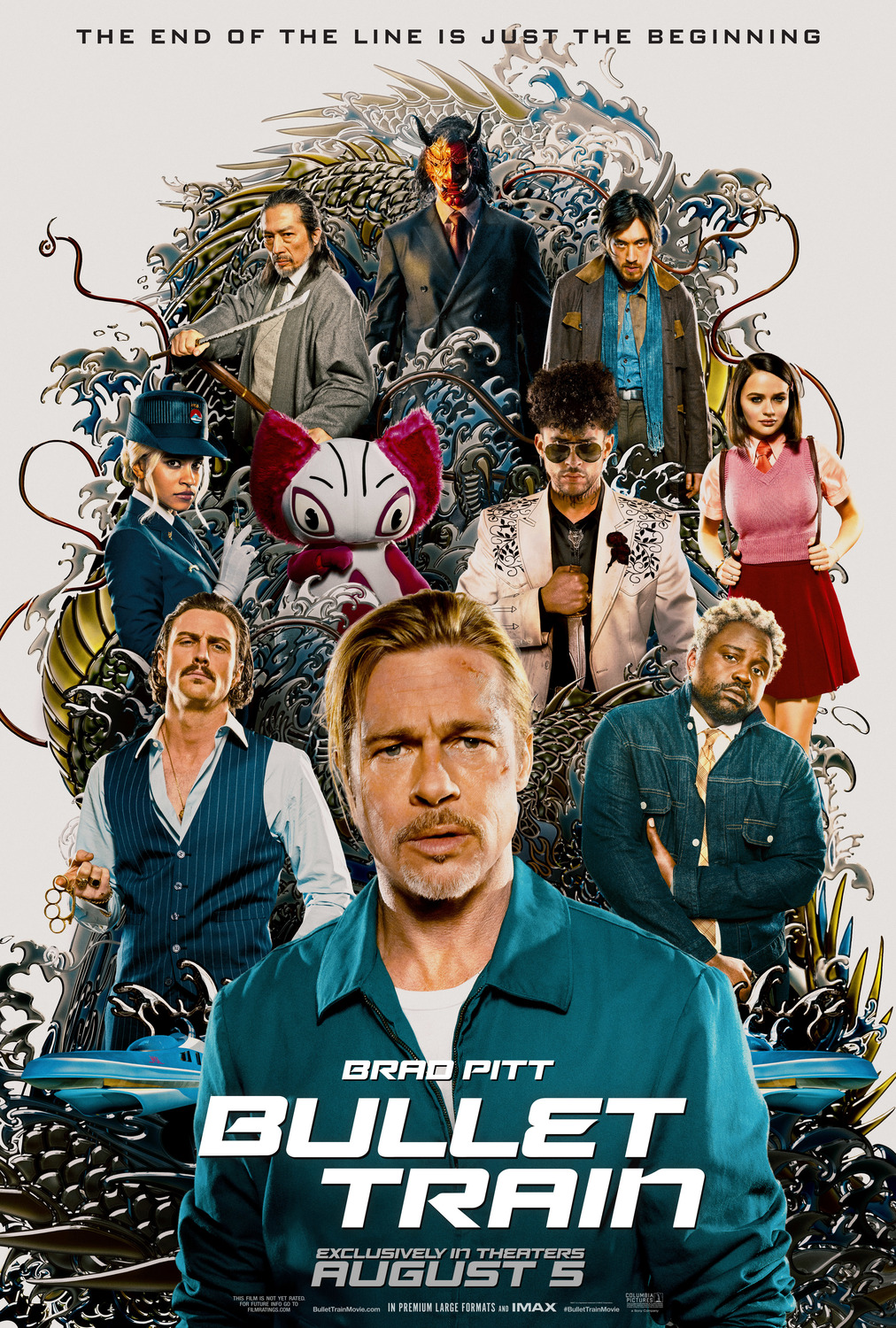
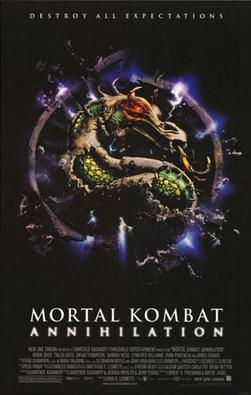
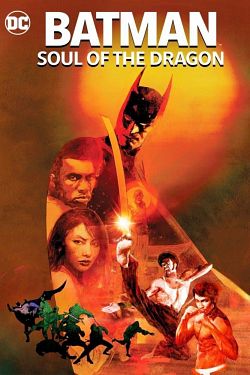




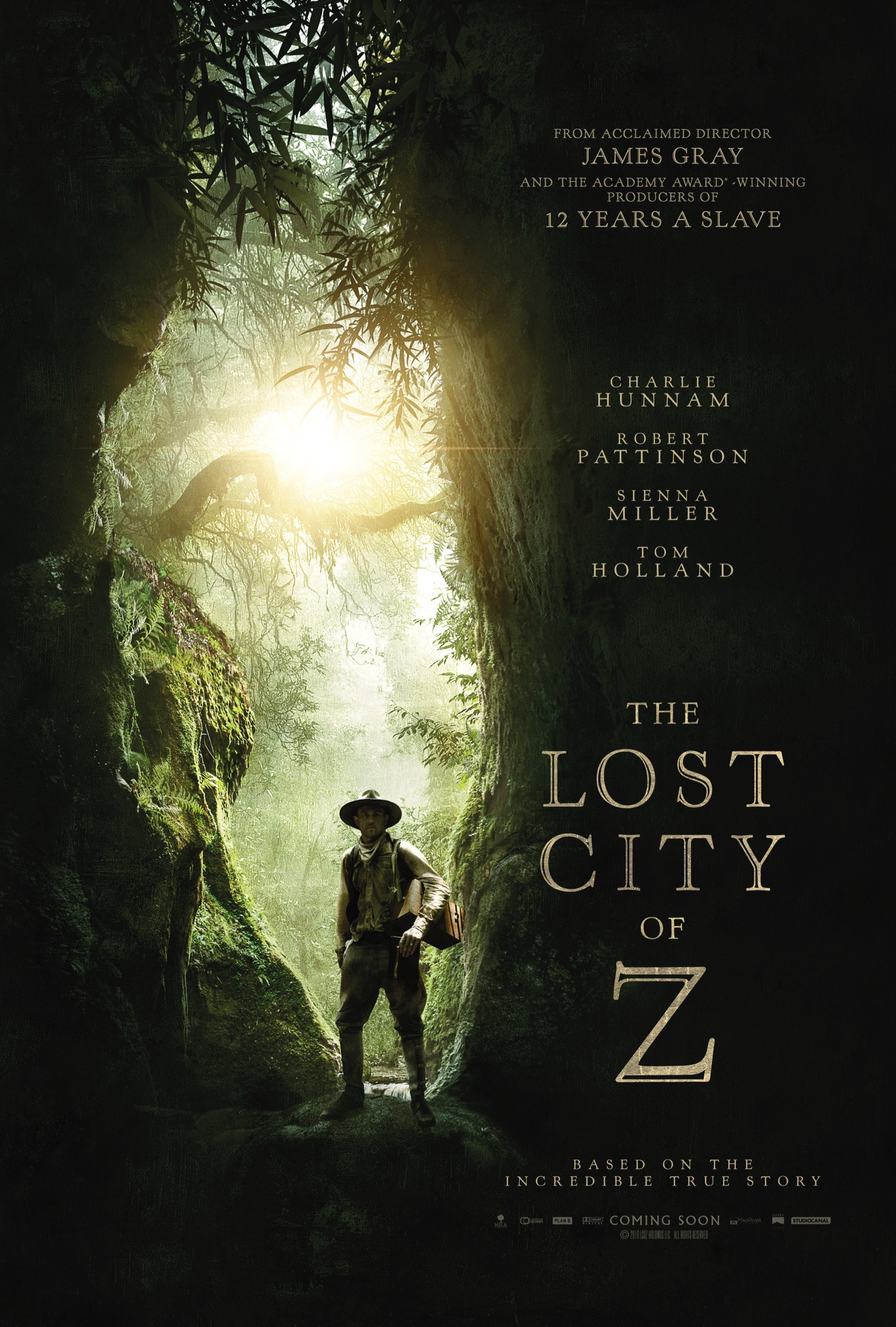


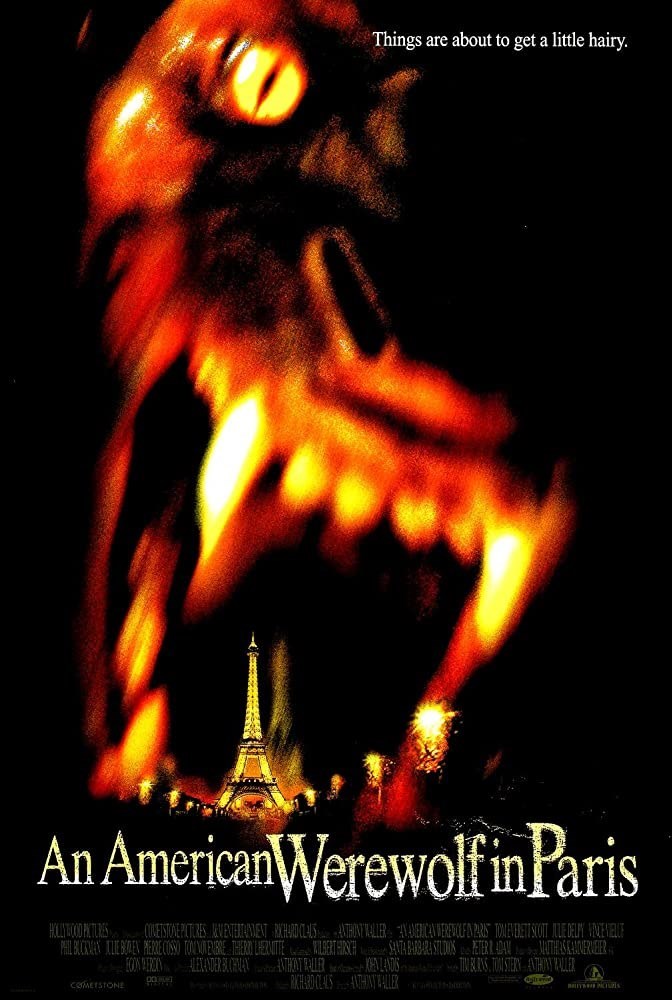
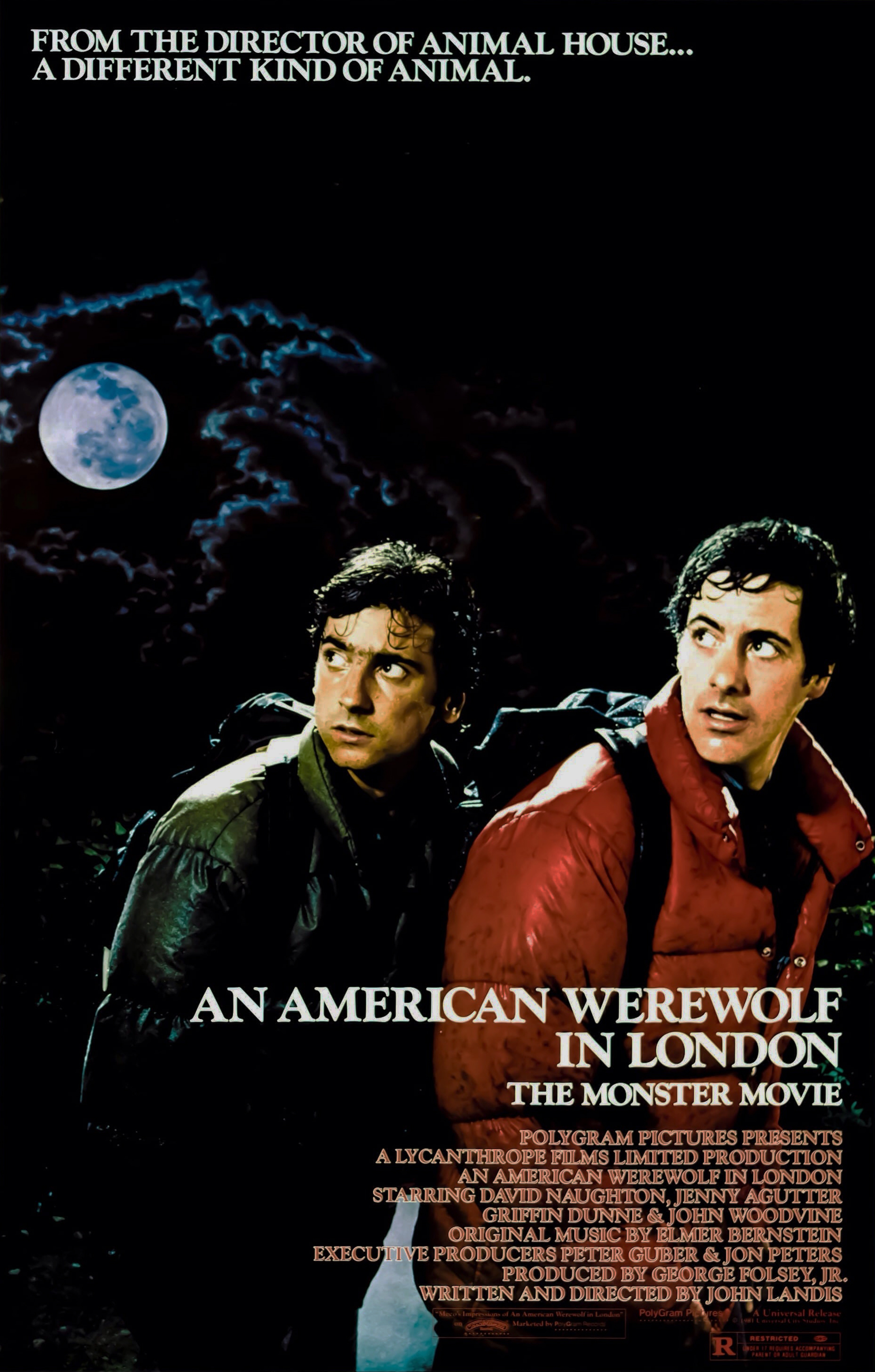





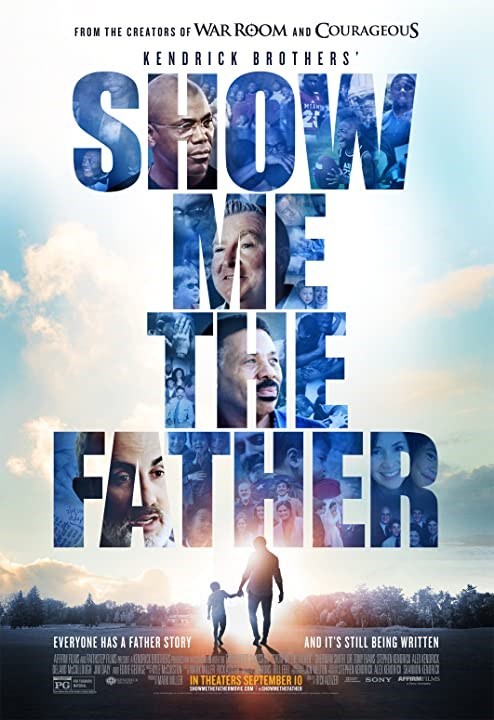
评论